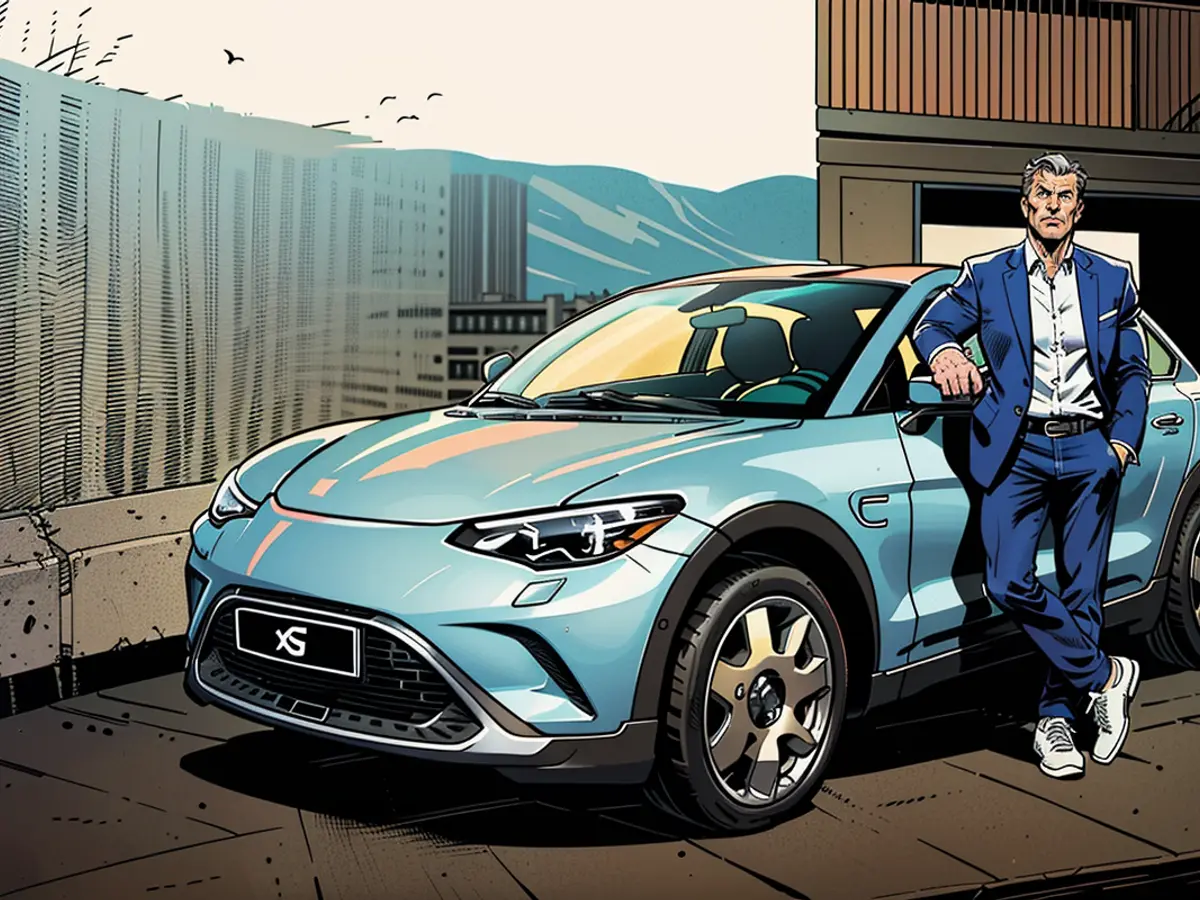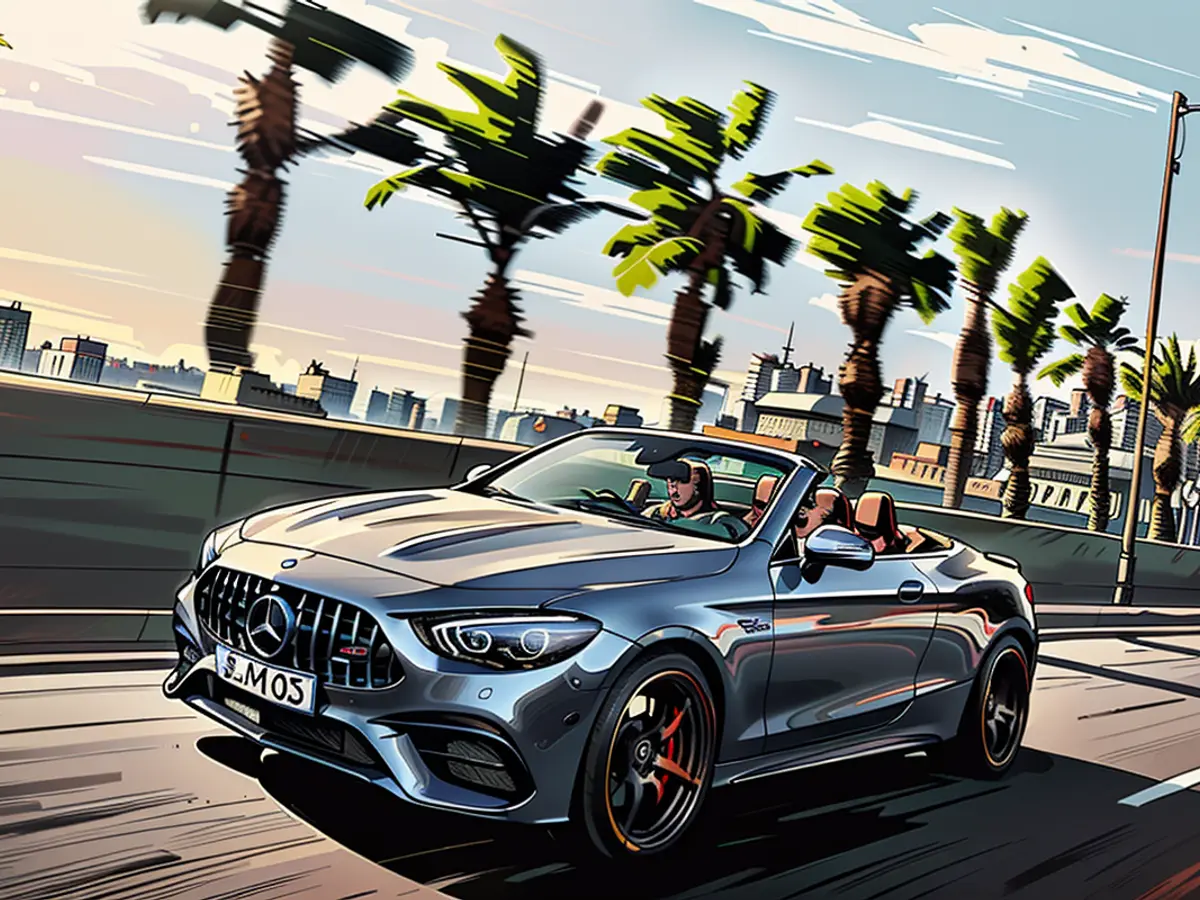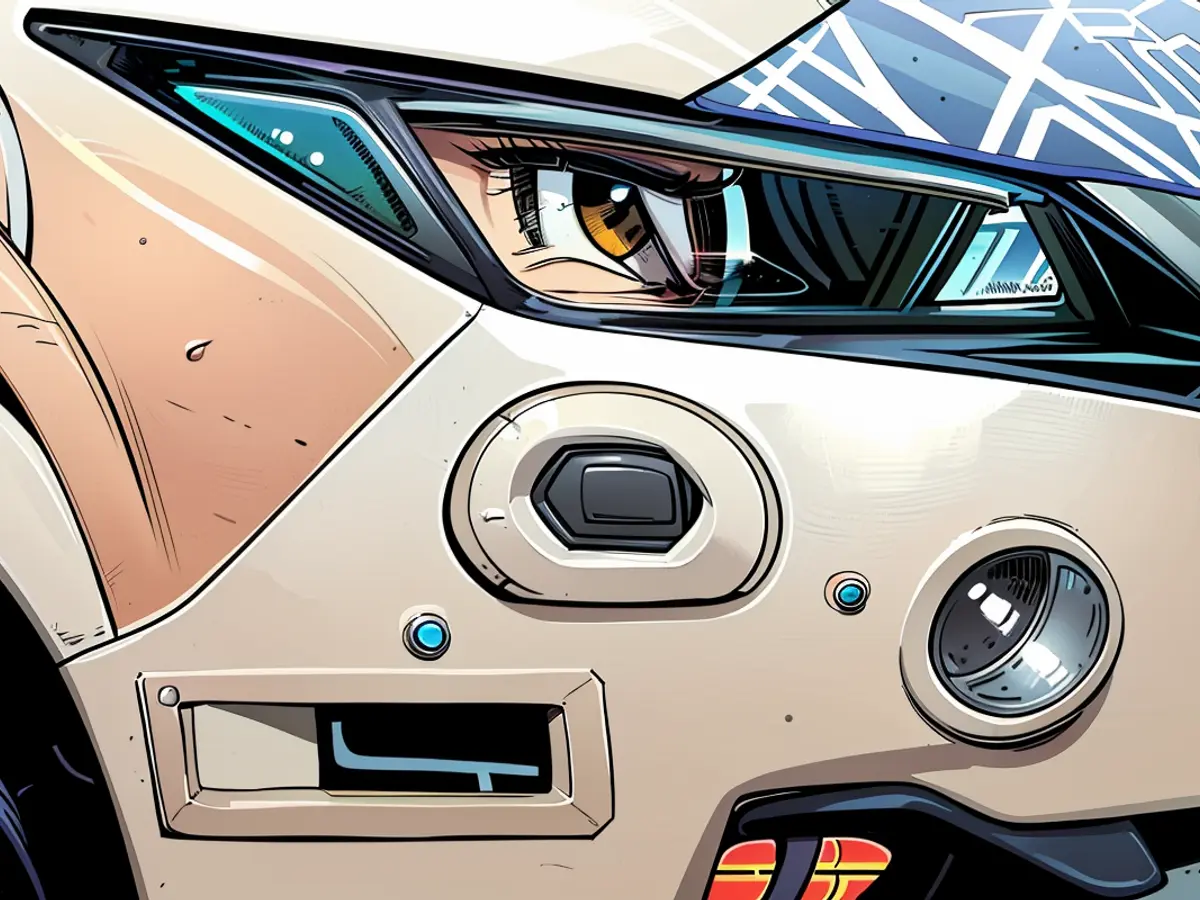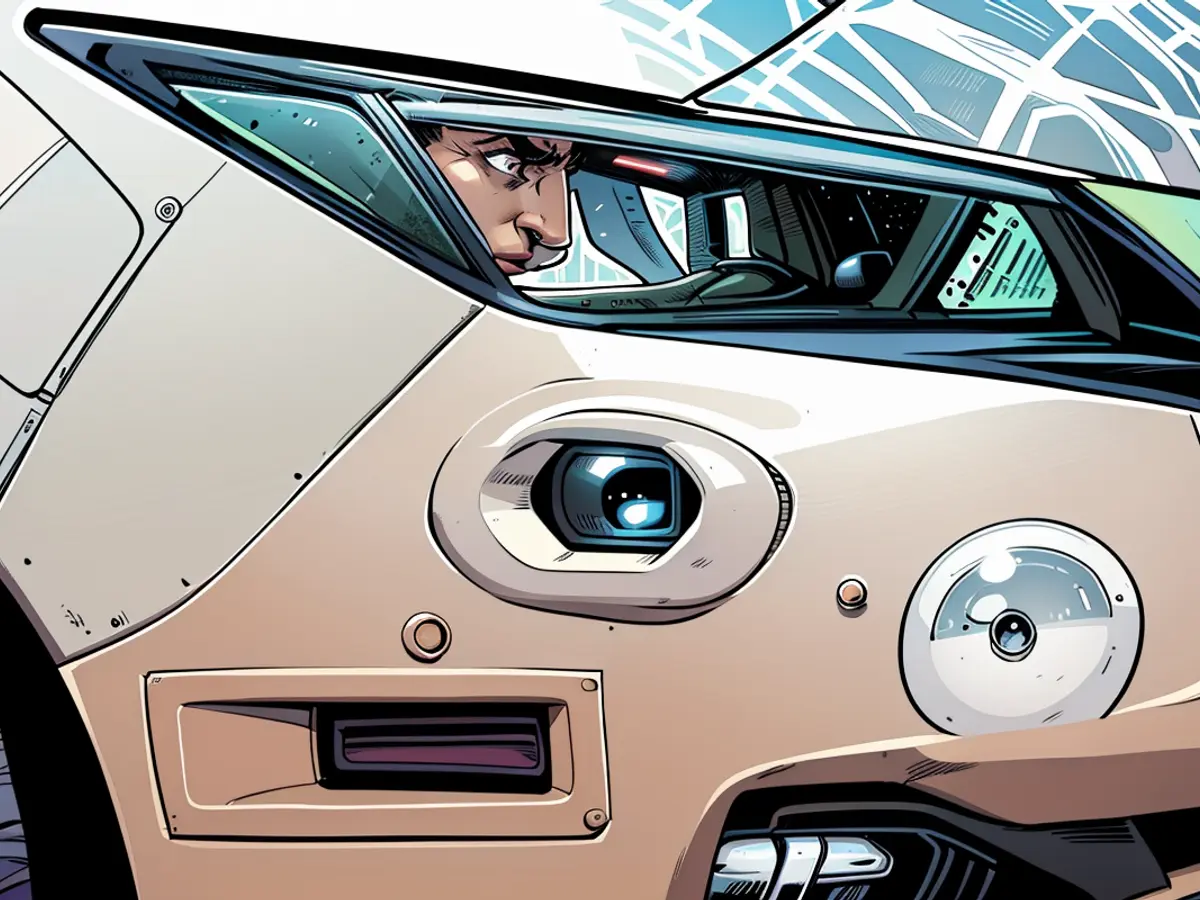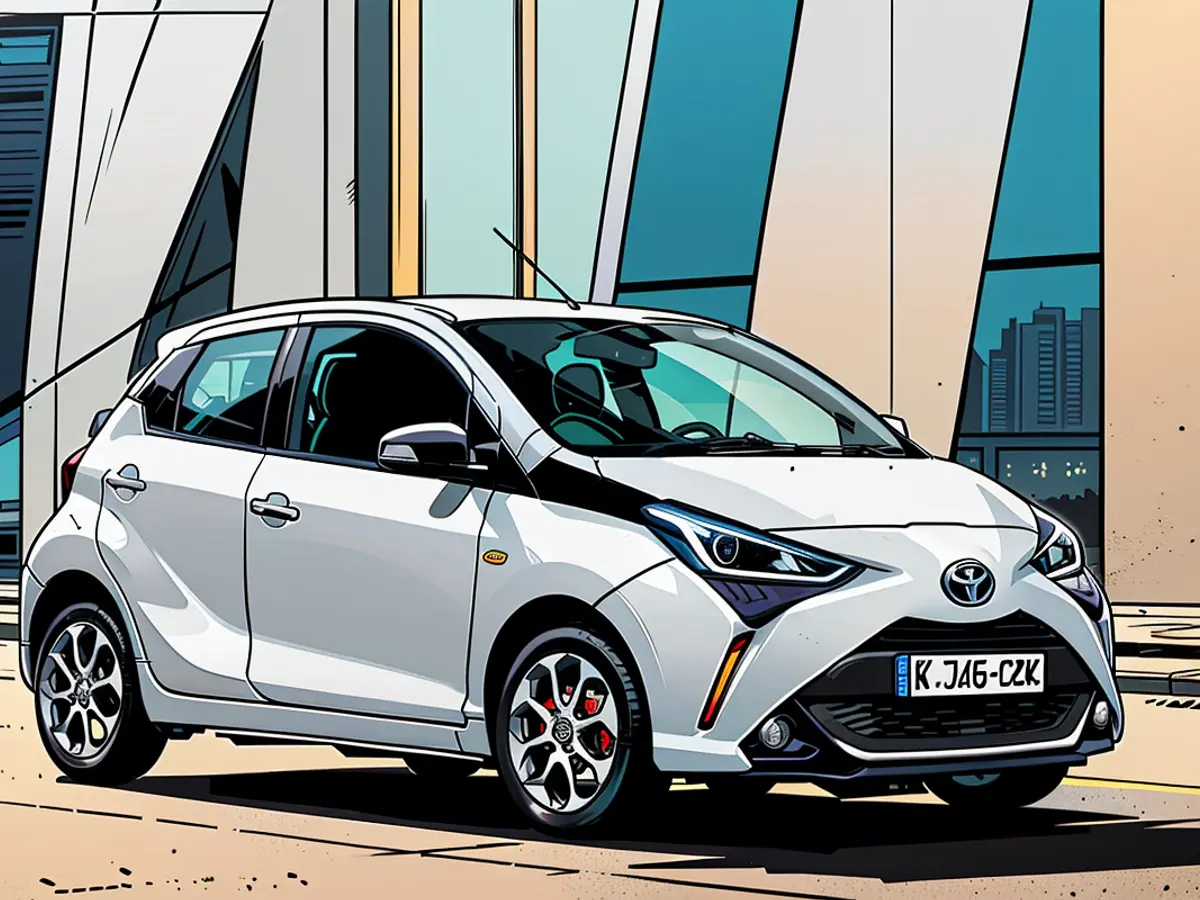We detect an anti-electric car mood
*Smart, the electric car manufacturer, is also affected by penalties on Chinese cars. The former small car maker now belongs to the Geely consortium halfways and builds its cars currently in China. Europa-CEO Dirk Adelmann clarifies his position in the current debate.
sp-x: The EU Commission has just provisionally imposed tariffs on electric cars from Chinese factories. Smart will also be affected. Isn't that something they wouldn't like?
Dirk Adelmann: I believe that we in Germany have benefited from free trade, from globalization in general, for decades. And I personally am completely clear in my opinion that protectionism is a way that will definitely harm us more than help. And I'm not talking about retaliation and countermeasures, but generally believe that a restriction on free trade is not in the interest of Europe, not in the interest of Germany, and also not in the interest of Smart in general.
What specific impact could higher tariffs have on prices?
That can be calculated relatively easily, not specifically for Smart, but generally. An increase in import tariffs by 20 or 21 percent usually goes hand in hand with a price increase of 17 to 19 percent if all additional costs are passed on to customers. But that is currently hypothetical. We are fortunate that the EU Commission and China will find a solution by November 2nd at the latest, when the provisional tariffs will become permanent.
What could such a solution look like?
A smarter solution could be a quota system instead of tariff increases. Currently, we are talking about a market share of Chinese manufacturers being significantly under 5 percent. That's really marginal. And something like that could be regulated differently than with tariffs. In general, we also believe that the tariff increase will be pointless, at least for the affected companies. We have some competitors who have announced that they will then no longer export affordable and climate-friendly battery electric vehicles to Europe, but Plug-in Hybrids or gasoline vehicles instead. Then we would have managed to completely dry up the tender shoot of electromobility in Europe.
The tariffs come at the wrong time for e-mobility. The demand is already low.
Yes, we are indeed observing an anti-electric car sentiment in several European countries. In Germany, this is not least due to the funding stop from today to tomorrow. This has not only led many customers to be uncertain, but that's the worst thing that can happen in a transformative phase towards climate-neutral mobility. In the end, the industry took over the funding that the state no longer paid, because the customer orders were already there and we didn't want to let down our customers. But the trust was already damaged.
A problem that seems to be behind this entire discussion is obviously also China's overcapacity.*
The printing in China is indeed enormous. I'm not a fan of martial terms, but there is indeed a price war going on there. It should have been settled in two to three years, as two-thirds of the manufacturers either disappeared from the market or were taken over. After this consolidation wave, the topic of overcapacities will resolve itself to a great extent. But aside from that, I don't believe that the high production in China is a major problem for us Europeans. If Europe were the main sales channel for China's overcapacities, we would see significantly more Chinese cars or cars produced in China here than we do now.
How does China really look at this tariff discussion? There were apparently emotional reactions.
Yes, in the short term, as there was little understanding for the EU's actions. The Commission deserves credit, however, for conducting an investigation and carefully examining the situation over several months, unlike the US, which raised tariffs on Chinese products, particularly electric cars, very abruptly two weeks earlier. I believe that the intense reaction in China was also related to the temporal context. In China, the impression could be gained that an anti-China sentiment had arisen in the West.
Is Smart really perceived as a Chinese brand in Germany?
We are perceived as a European brand and present ourselves as such. We position ourselves in China in this way to differentiate ourselves from the competition. We particularly focus on design, which is responsible for Mercedes-Benz. In addition, we have our development center for Europe in Reutlingen, the birthplace of Smart. This means that we remain a European brand at our core, even though the cars are built in China and mainly use Geely technology.
Geely, being a part of the Chinese automakers consortium, owns a half share of Smart, the electric car manufacturer. The EU Commission has provisionally imposed tariffs on electric cars from Chinese factories, which will affect Smart. Dirk Adelmann, Europa-CEO of Smart, believes that protectionism is harmful and the restriction on free trade is not in the interest of Europe or Smart. Increased tariffs on Chinese electric cars can lead to a 17-19% price increase if all additional costs are passed on to customers. A smarter solution to handle the tariffs could be a quota system instead of tariff increases.
